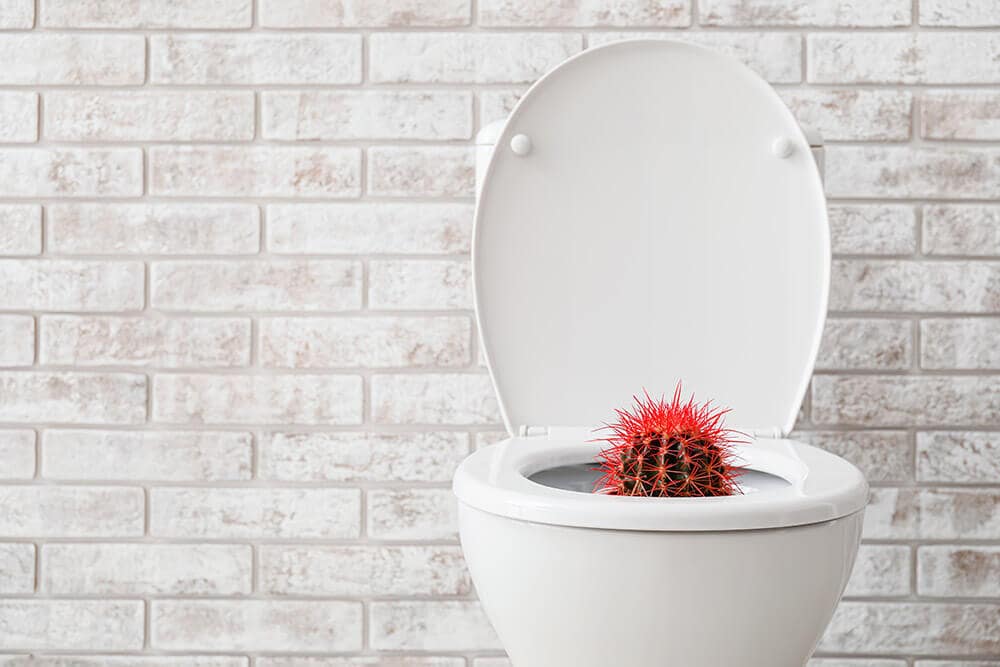What Is Radiation Proctitis?
Radiation proctitis is inflammation and swelling of the rectal lining that develops after radiation treatment to cancers in the pelvic area (prostate, cervical, bladder). It can cause pain, bleeding, and frequent or urgent bowel movements. The ICD-10 code for radiation proctitis is K62.7.
Common Causes and Risk Factors
- Radiation therapy to the pelvis (high total dose or large treatment field)
- Concurrent chemotherapy that increases tissue sensitivity
- Older age or preexisting bowel conditions
- Smoking or poor overall health status
- Previous abdominal or pelvic surgery
Signs and Symptoms
- Rectal bleeding or blood in the stool
- Cramping, pain, or a burning sensation in the lower abdomen
- Frequent urges to have a bowel movement (urgency)
- Feeling of incomplete evacuation (tenesmus)
- Diarrhea, loose stools, or mucus discharge
- Stool leakage or incontinence
Expert Treatment for Radiation Proctitis by Dr. Bharat Pothuri
Dr. Pothuri uses a step-by-step approach:
Medical History and Physical Exam
He reviews your cancer type, radiation therapy details (dose, field), onset of symptoms and bowel habits.
Laboratory Tests
Complete blood count to check for anemia and inflammatory markers to rule out infection.
Endoscopic Evaluation
- Anoscopy or flexible sigmoidoscopy for direct visualization of rectal mucosa and identification of inflammation, bleeding or telangiectasias.
- Targeted biopsy when needed to exclude recurrent malignancy or other causes of proctitis.
Imaging Studies
Pelvic CT or MRI may be ordered to assess the extent of tissue injury, strictures or fistulas.
Frequently Asked Questions
When do symptoms of radiation proctitis begin?
Symptoms can start during radiation therapy or may not appear until weeks, months, or even years afterward.
Can radiation proctitis be treated without surgery?
Yes. Most patients respond well to dietary modifications, medications, topical therapies, and minimally invasive procedures.
Will the symptoms of radiation proctitis last forever?
No. With appropriate care and follow-up, many patients experience significant improvement or complete resolution.
What treatment options are available?
Treatment may include a high-fiber diet, anti-inflammatory drugs, stool softeners, argon plasma coagulation, endoscopic therapies, and hyperbaric oxygen therapy.
Are the treatments safe?
Yes. Dr. Pothuri uses evidence-based approaches and will discuss the benefits and risks of each therapy before proceeding.
Does insurance cover treatment for radiation proctitis?
Most insurance plans cover diagnostic tests and treatments. Our staff at GastroDoxs can help verify your benefits and estimate out-of-pocket costs.












